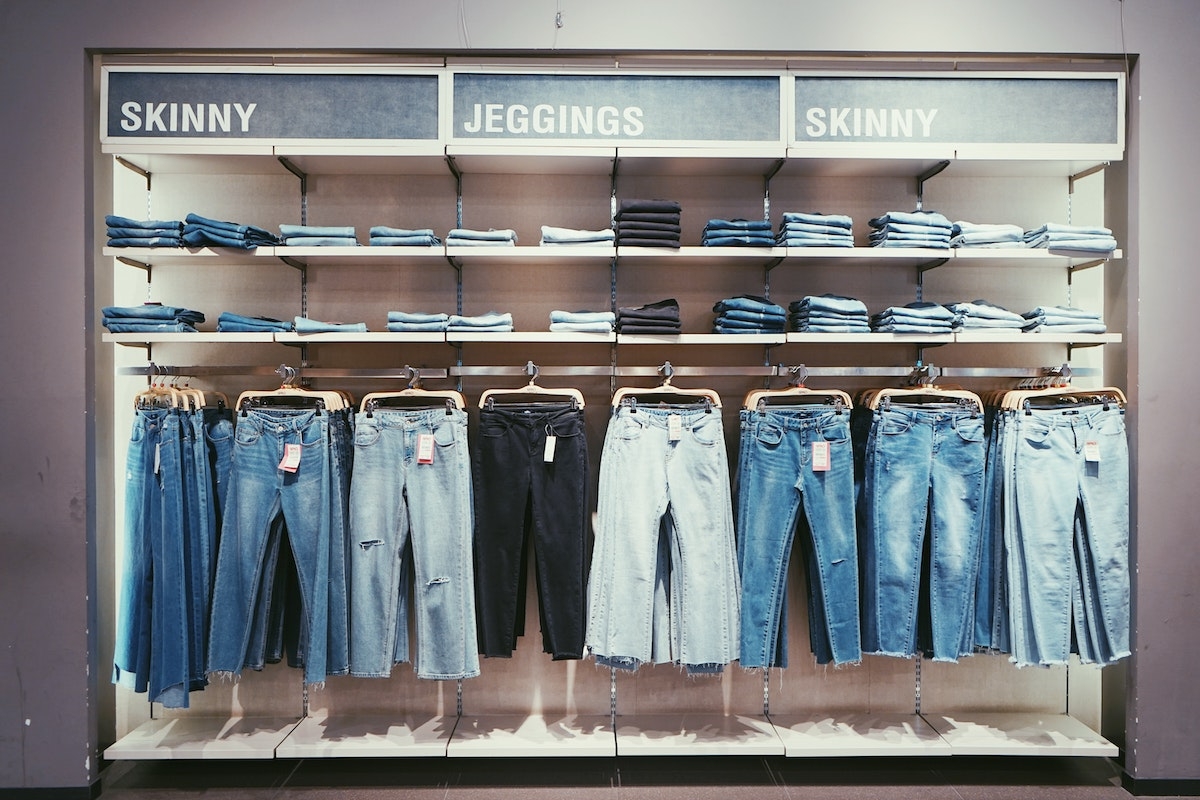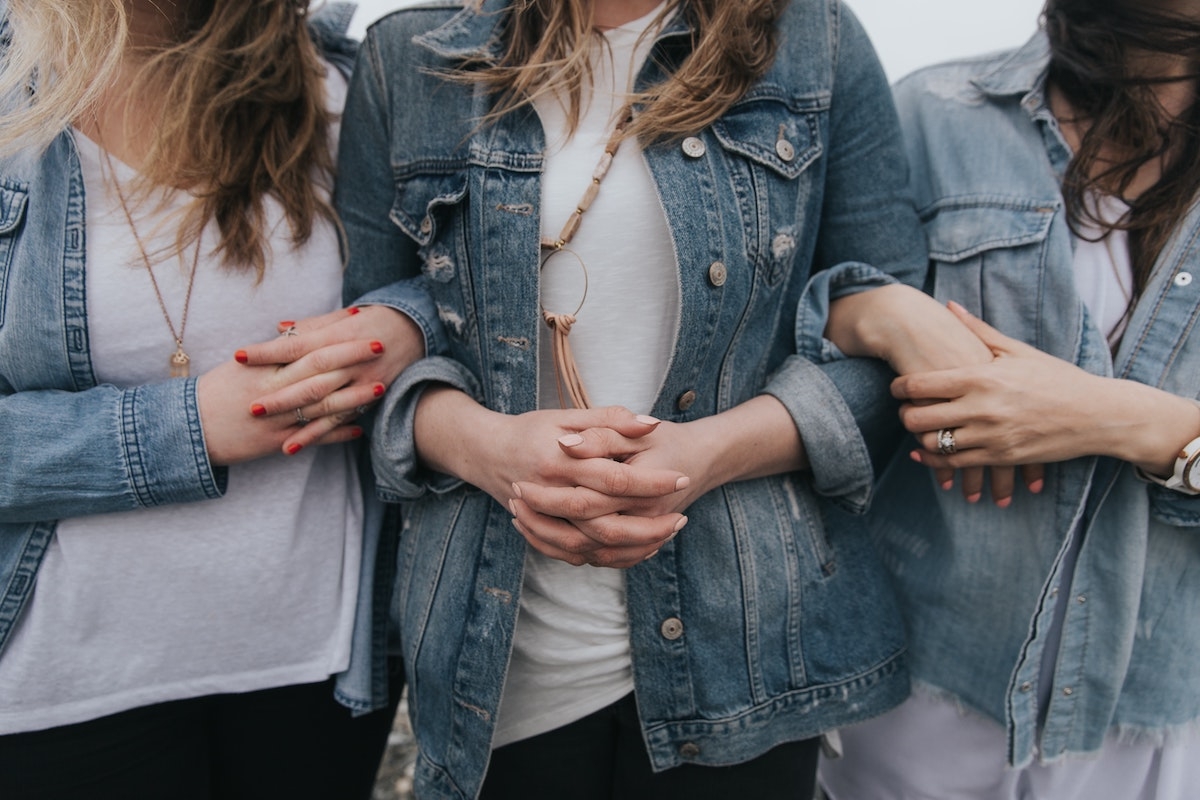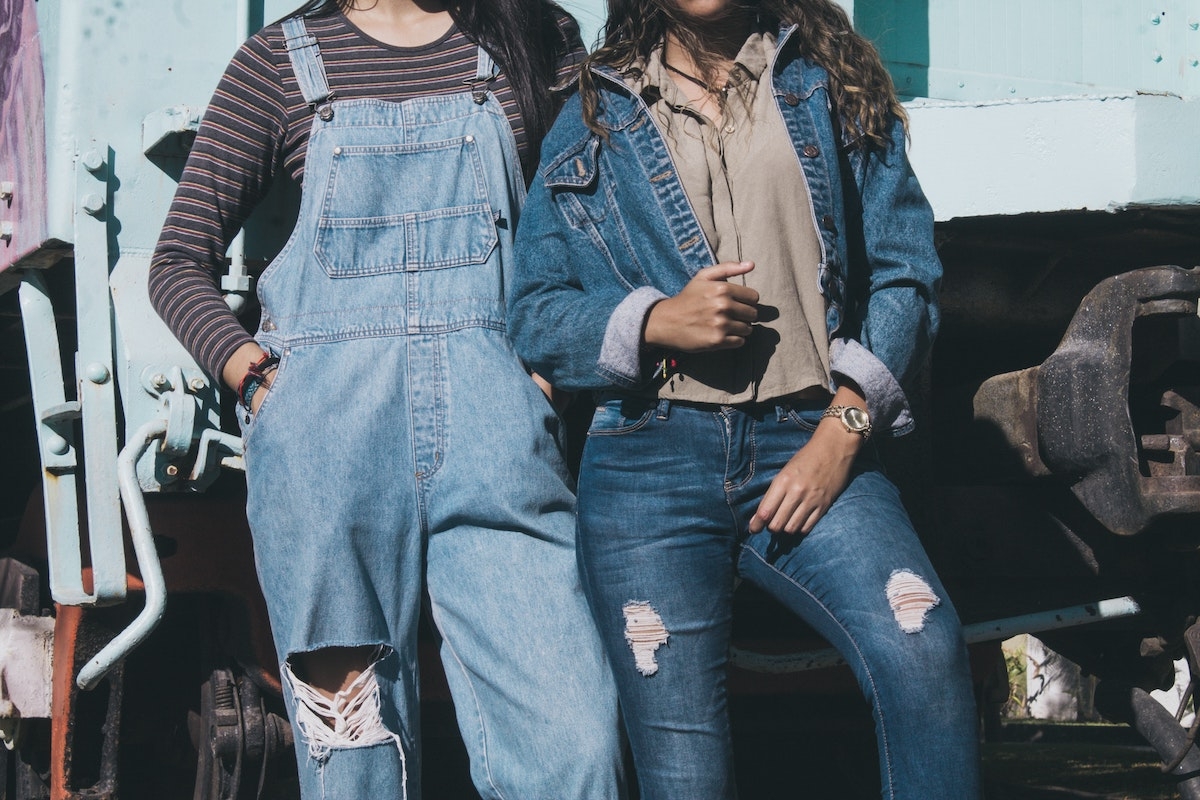
The Denim Dilemma: Is Your Favourite Pair of Jeans Eco-friendly?
If you’ve ever wondered whether or not your jeans are eco-friendly, you’re not alone. The fashion industry has been under fire in recent years because of how much pollution it generates and how the companies that design clothing don’t always consider what impact their production methods have on the environment. In recent years, however, many high-end designers have made an effort to go greener with their clothing production and use more environmentally friendly materials like organic cotton and hemp in place of more traditional materials like silk and cashmere.
What are the environmental impacts of denim production?
Denim production is a huge industry, and its environmental impacts are often overlooked. One major impact is the amount of water used to produce cotton. It takes an average of 4,000 litres (1,056 gallons) to grow enough cotton for one pair of jeans; that's enough water to keep a family of four hydrated for six months! Another problem with denim is all the chemical treatments used in dyeing and finishing the fabric.
These treatments include formaldehyde, ammonia, and various acids that are discharged into nearby waterways. The chemicals can also harm workers who use them every day by worsening respiratory conditions like asthma or even leading to cancer. This means that not only are jeans harming our environment but also those producing them. The solution: buy fewer new clothes, support sustainable brands that don't rely on harmful treatment processes, and invest in quality items that will last longer. A shop like Marks sells quality, sustainable denim from the Marks flyer, so you won't need as many pairs over your lifetime.

How you wash your jeans affects your carbon footprint
If you want to go green, you should wash your denim jeans in cold water and not put them in the dryer. Dryers use a lot of electricity, so by putting your jeans in cold water and letting them air dry, you will be using less energy. You also want to wash them with detergents that are biodegradable. These products are free from phosphates, which are used in dishwashing detergent to make it foam. When they run off into rivers or lakes, they can create what is called an algal bloom, which reduces oxygen levels and kills wildlife. Synthetic fibres like polyester take twice as much energy to produce as cotton. In contrast, cotton has a short growing cycle and needs little pesticides or fertilisers.
Tips to make your jeans last longer
It's important to invest in jeans that will last. But if you're looking for ways to make them last longer, we've got a few tips!
- Wash your jeans as infrequently as possible. This will help preserve the colour and prevent fading, but it also means that you should wear your jeans more often between washes. Wash them only when they start to get smelly or dirty.
- Turn your jeans inside out before washing them in cold water with mild detergent on a gentle cycle with a low spin cycle to reduce the wear on the jean's fabric fibres (your jeans will thank you).
- Hang dry your jeans outside in the fresh air; this will keep them smelling better too!
- Get rid of baggy pockets by cutting off excess thread at the top of each pocket corner; this will remove some weight from the waistband and make the fit more flattering.
- Fix zipper breakage by placing a metal shim over the end of one tooth so it doesn't come up too high or catches other teeth 6. Learn how to patch holes and tears with denim patches – denim patches are available at any good craft store

Eco-friendly brands
There are many eco-friendly denim brands on the market today. Some popular companies that are known for being eco-friendly include Patagonia, Levi's Jeans Company, Seventh Generation and Nike. The ones that shout the most about their sustainability include Loomstate: All their clothing is made in a sustainable factory, and they also have a recycling program where you can send them your old denim to be recycled into new fabric. The best part is that they are reasonably priced, so you don't need to break the bank to go green! Eileen Fisher: Their company has been around for over 30 years, which means they have had plenty of time to hone their craft and perfect the art of sustainability. They use organic cotton, hemp, and wool in all their clothing items, so you know your clothes will last longer than most.
Image Credit: Unsplash









